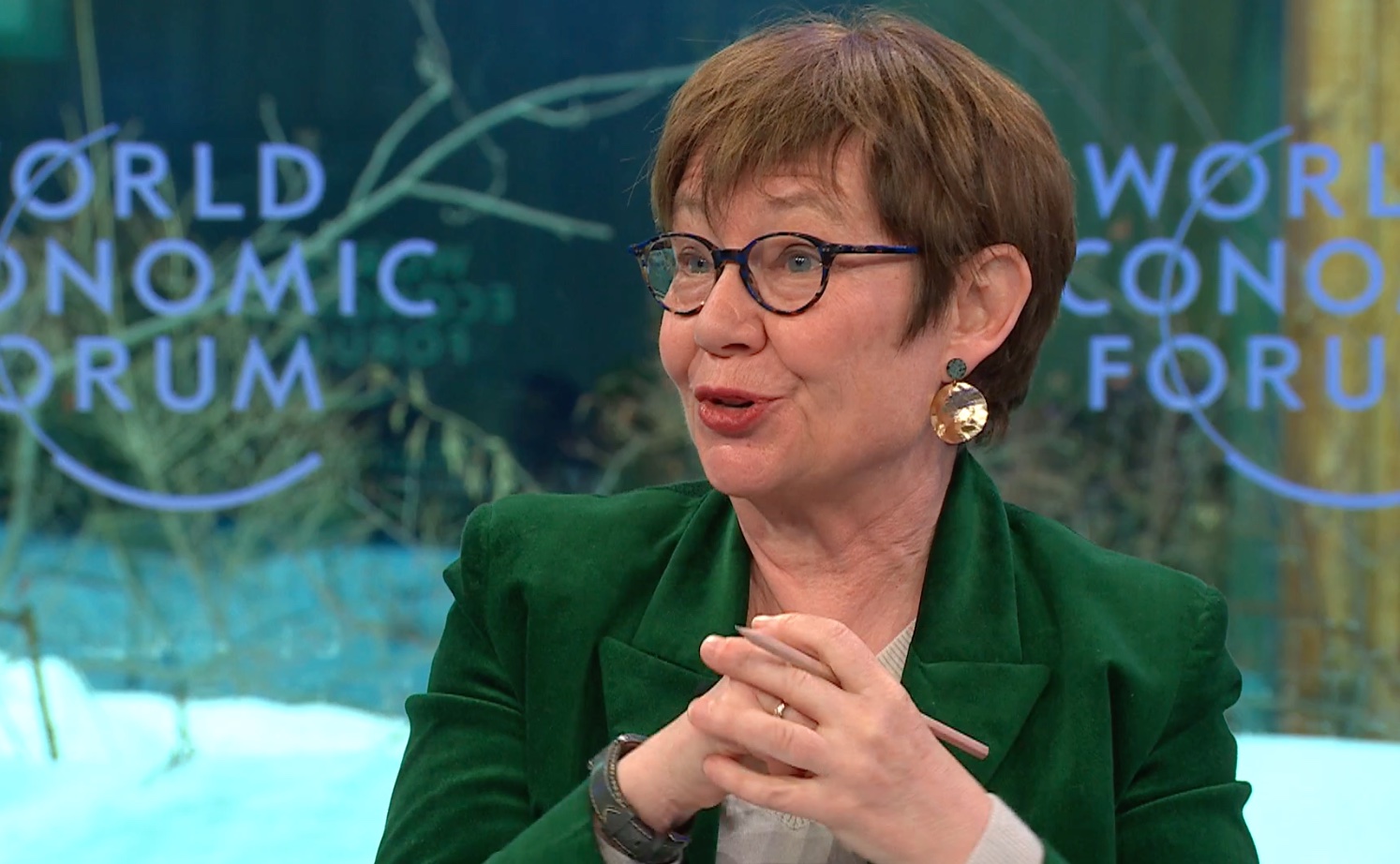BAKU, Azerbaijan, January 22. At the World Economic Forum, Odile Françoise Renaud-Basso, President of the European Bank for Reconstruction and Development (EBRD), discussed the importance of building resilience in emerging economies amid ongoing global shocks, Trend reports.
She emphasized the need for long-term planning and the agility to respond to unforeseen challenges.
"We’ve seen a succession of shocks, and what we’ve learned is the need to build resilience," Renaud-Basso remarked. "Being resilient means anticipating shocks and having the preparedness to face them."
One of the key challenges for emerging markets is the lack of homegrown capital and reliance on external, often volatile, sources of funding. "To build resilience, you need to invest," she said. "This is where multilateral development banks (MDBs) can play an important role, but we cannot substitute the role of the private sector."
Renaud-Basso highlighted the importance of working alongside countries, the International Monetary Fund (IMF), and other MDBs to develop the necessary policies for resilience. "These policies must facilitate the development of homegrown capital and create an environment conducive to attracting investment, which includes a strong legal framework, regulatory clarity, and the simplification of processes."
She also addressed the growing trend of increased state involvement in economies, which could be a potential obstacle to resilience. "There is a tendency to call for more state involvement, but resilience requires collaboration with the private sector," she said. "You cannot solve all issues through public sector or state-owned enterprises."
Renaud-Basso outlined two pillars of the EBRD’s work in supporting resilience. The first is policy development aimed at creating an environment conducive to private investment. The second is financing, which focuses on project preparation and creating pipelines that encourage private sector participation.
"Through transparent data on our project outcomes and default rates, we aim to build confidence and reduce the perception that emerging markets are too risky for private investors," she added. "We’re also developing tools to bring more private sector players into our projects, sharing risk to mobilize additional investment."







